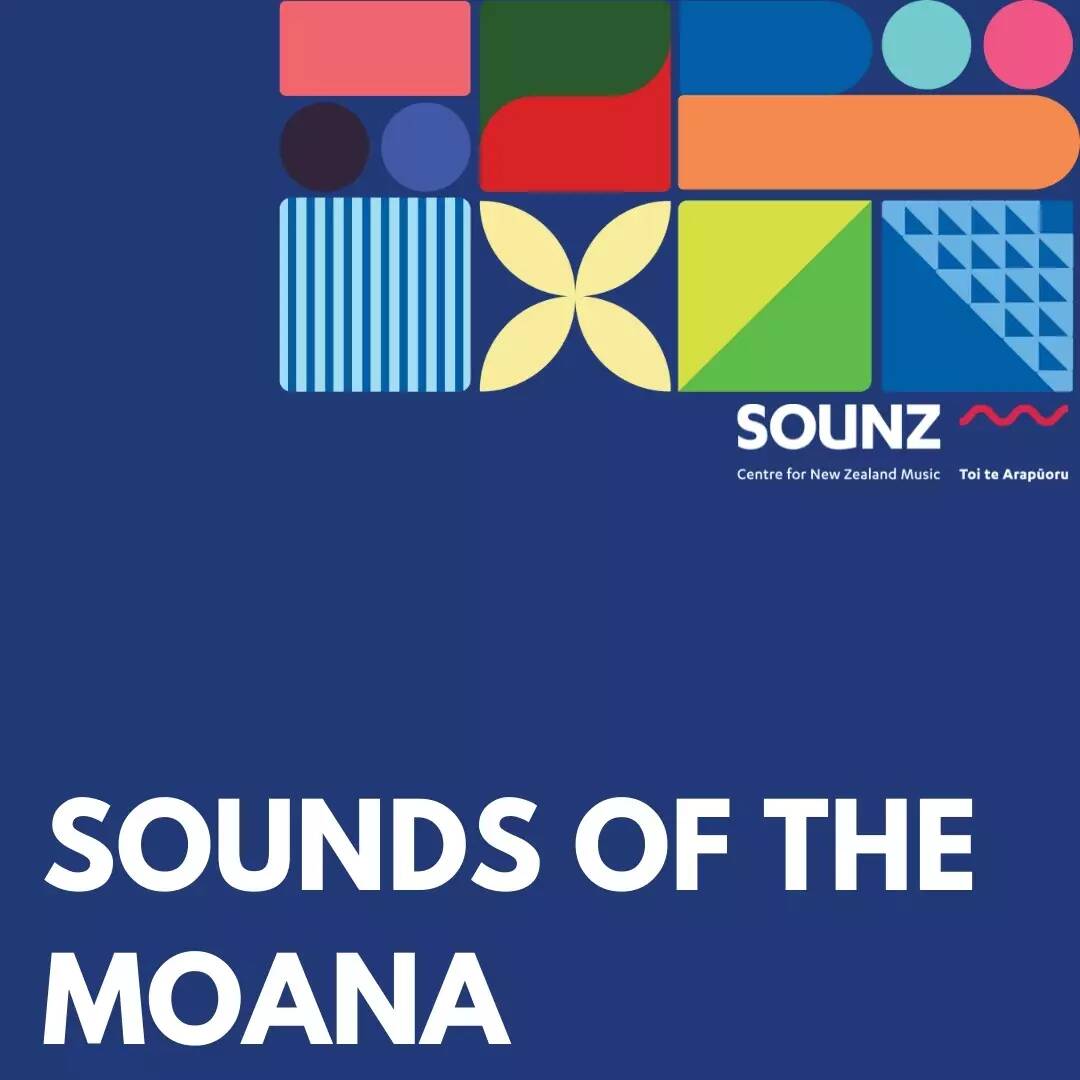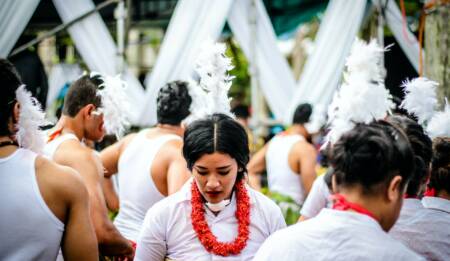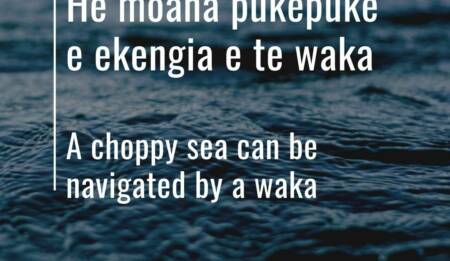Sounds of the Moana
What is the indigenous sound of Moana-Nui-ā-Kiwa (Oceania)? What has been lost and gained over the course of history, and how can the musical identity of the great Moana be kept alive today?
Sounds of the Moana Podcasts
As part of the UN International Decade of Indigenous Language, we wanted to share with you two podcasts which investigate the indigenous sounds of the Moana-Nui-ā-Kiwa (Oceania).
Made in partnership with the Pacific Peoples music community, cultural advisors and knowledge holders, and hosted by Tau’ili’ili Alpha Maiava, this two-part series explores the questions above and much, much more.
Episode 1: Sounds of the Navigators explores the original, indigenous sound of the Moana through special archival recordings and humankind’s first instrument — the voice. It asks:
- What were the original sounds and music of the Moana, and what was their role in the daily lives of the Moana’s citizens?
- What was the impact of Christianity on the sonic traditions of Tagata Moana (the people of the Pacific)?
- What, if any, traditional sound and music still exists today?
Episode 2: The Origin of Sounds explores the origin stories and showcase the sounds of three musical instruments found in all motu (islands) that are linked by the great Moana: the conch shell (pū/foafoa), the wooden slit drum (pātē), and the nose flute (fangufangu/vivo ko’e). These musical instruments play integral roles in contexts ranging from religious rites to secular entertainment, and each comes with a plethora of stories, worldviews, and practices that are particular and unique to each motu

Decade of Indigenous Language
Learn more about the UN Decade of Indigenous Language and why this is a priority area for the NZ National Commission for UNESCO.



